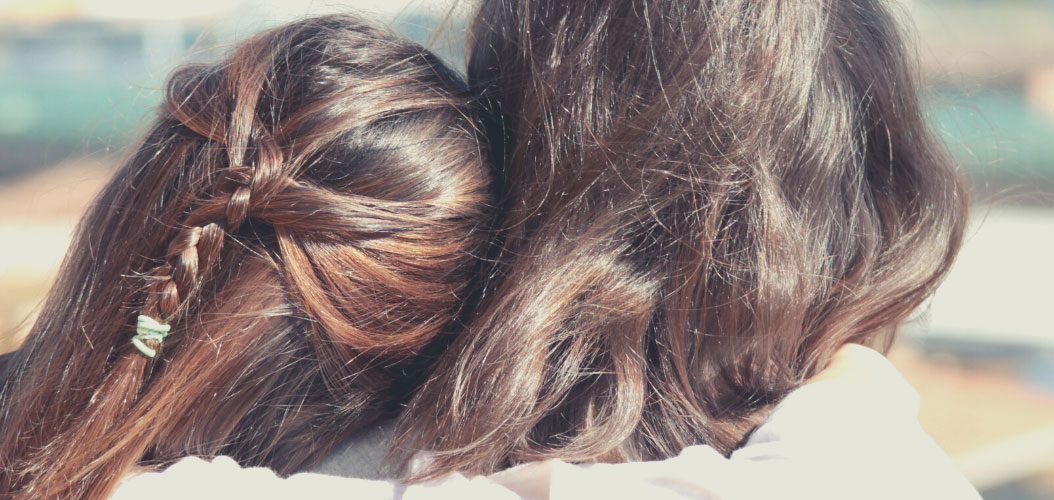The truth about inspiration is that it is full circle. We find it in the places we least expect, from the people around us. I recently learned about the four attachment styles that exist from a girl I had come to admire, Grace Mackinza.
Every one of us has a story to tell, and more often then not, this story inspires who we are as adults. Each one of us then develops an attachment style, which informs how we relate to people and form bonds in relationships, friendships and family bonds. Many of us operate from a place of the trauma we endured while growing up, and we can either walk around blindsided and frustrated at how we relate to people or we can pause long enough to uncover who we are.
Majority of us are unable to explain parts of who we are and have leaned on the notion “that is just who I am,” when in reality some of the traits we possess are defense mechanisms, or worse yet, is a cry out from our inner child who needs nurturing, healing and reassurance.
FOUR TYPES OF ATTACHMENT STYLES
Anxious Attachment Style
A person who depicts the anxious attachment style is typically one who grew up with an inconsistent show of love from their parents or caregivers. This person is one who received love in bounds, and then it was withdrawn, which created an environment of unpredictability as to when they would receive love again. This creates a deep insecurity and anxiety in them.
They then grow up to be anxious, clingy, and needy in relationships. They too can be very insecure in their bonds with people, and sometimes are very possessive. They need constant reassurance and validation because they constantly fear losing the people they love. Confrontation to them feels like they will lose the person, and they tend to want to fix things “NOW”.
Avoidant Attachment Style
This person tends to be very closed off with their feelings, always seeming distant and uninterested. They tend to hold firm to their independence and often seem like they are not that interested in their partner.
This person is one who usually grew up in a home with a parent figure who was very dominant and took up space, this too can be a sibling or someone in the house who made them feel invisible. They then grow up to be adults who find safety in depending solely on themselves, because one of their needs were not met when they were children.
Fearful Attachment Style
This type of person depicts both anxious and avoidant style traits. They are very fearful, dramatic, unpredictable, and generally want love, but do not know how to get it or communicate it. They tend to seem distant, but in need simultaneously. This type of person yearns to be able to communicate their needs and desires, but find solace and safety in hoarding their feelings.
They live in conflicting worlds, unable to decide what they want, wanting intimacy and independence at the same time.
Secure Attachment Style
This is the attachment style that most should aim towards becoming or being. This type of person usually grew up in a home that catered consistently to their needs, and they understand love and communication. They are able to formulate lasting relationships because they understand how to get across their needs in a healthy manner.
The secure type find themselves in healthy relationships because they have no difficulty introspecting, being honest, and formulating healthy bonds.
The above attachment styles usually inform how we relate to people. Healing them to get to a place where one falls into the category of secure, is possible. It usually has a lot to do with healing your inner child and being honest about your upbringing and what trauma that may have caused you. Interesting enough, the secure usually attract other secure type attachments, while the anxious attract the avoidant. Why these attractions are as such, is a conversation for another day.
The primary objective is in understanding what type of attachment style you possess, so as to be able to inform yourself about why you relate to people the way you do. Then strive toward healing, so as to be able to formulate secure attachments.
The journey of learning who you are is long, but it is worth it.
With Love
Mavis
Find me on Twitter – @mavisbraga


















